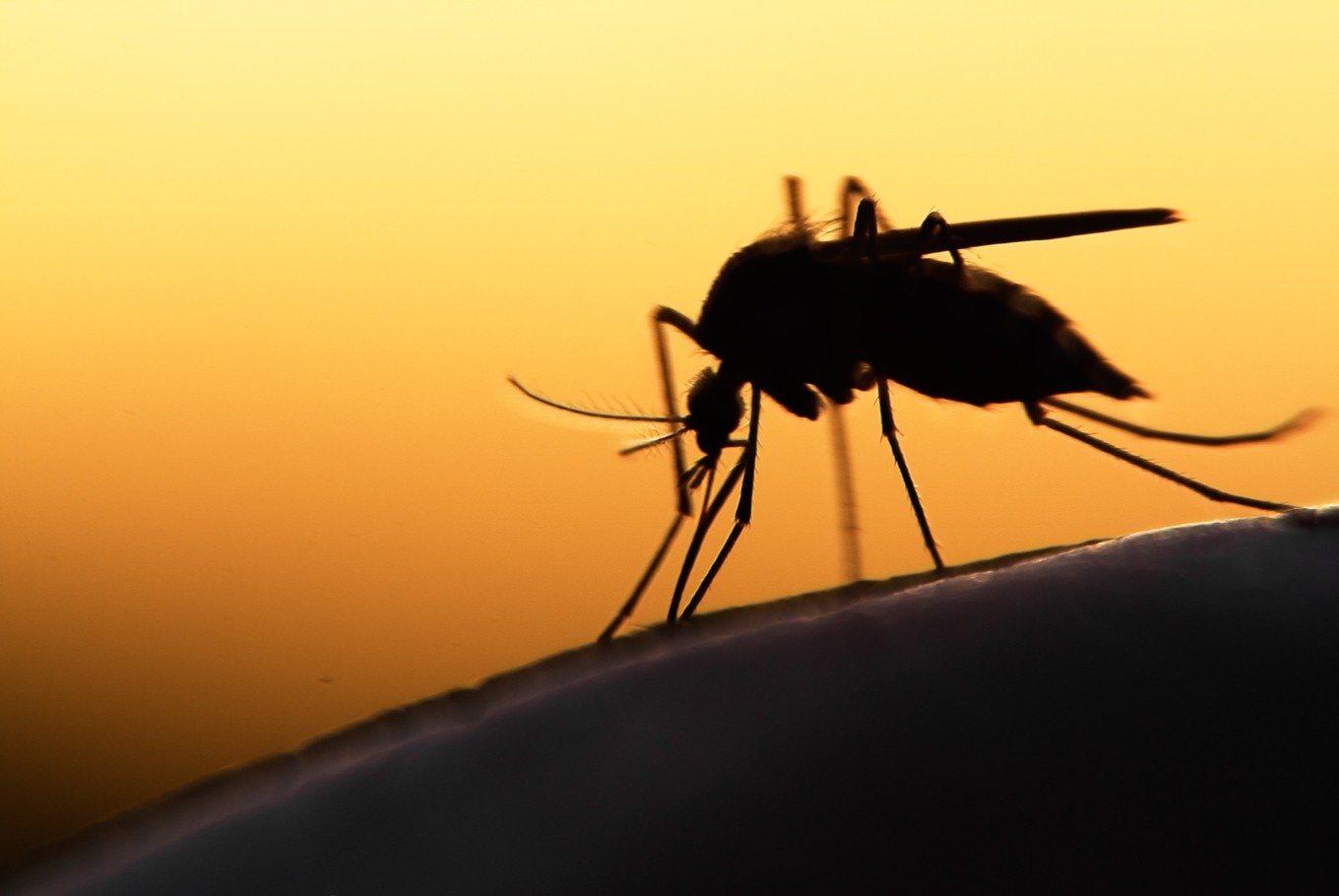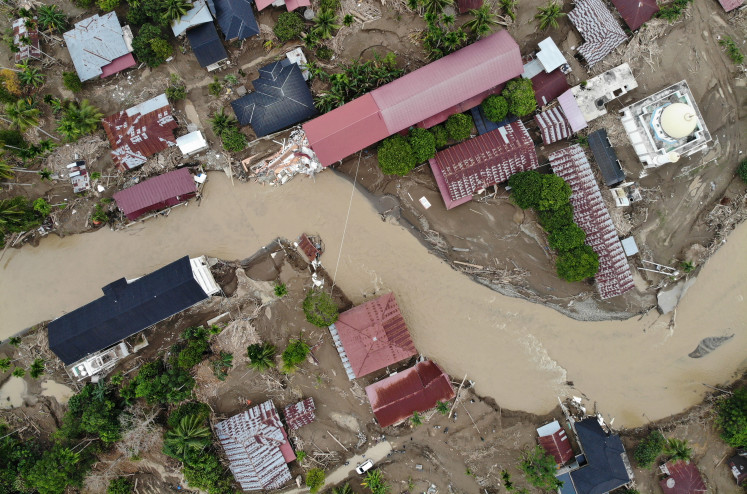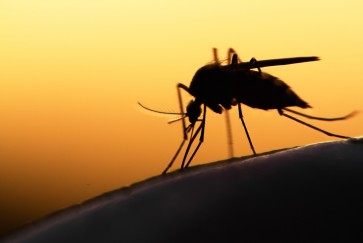Popular Reads
Top Results
Can't find what you're looking for?
View all search resultsPopular Reads
Top Results
Can't find what you're looking for?
View all search results[COMMENTARY] Indonesia must not stop malaria fight, despite COVID-19
In many malaria-endemic countries around the world, including Indonesia, the COVID-19 crisis poses a double threat to public health.
Change text size
Gift Premium Articles
to Anyone
I
n many malaria-endemic countries around the world, including Indonesia, the COVID-19 crisis poses a double threat to public health. People who have malaria are vulnerable to coronavirus infection and may be at high risk of developing a severe form of the disease.
The pandemic has disrupted malaria eradication programs in many ways. Social distancing and prolonged lockdowns have made it more difficult for countries to record malaria cases so they are unable to maintain accurate, current records of the disease. Travel restrictions imposed during the pandemic have caused shortages and skyrocketing prices of personal protective equipment and medical supplies, which ultimately prevent frontline health workers from making precise and timely diagnoses.
The Indonesian government has shown a strong commitment to making the country’s malaria prevention and control program a success. The program is a priority in the 2020-2024 National Medium-Term Development Plan (RPJMN), but with the government overwhelmed by its COVID-19 fight, Indonesia’s target to eliminate malaria by 2030 is now at stake.
Indonesia and other Asia-Pacifi c countries have achieved much progress in curbing the spread of malaria in the region. The World Malaria Report 2020, published by the World Health Organization on Nov. 30, reveals that countries in the WHO SouthEast Asia region had curbed malaria cases by 40 percent in 2020.
Subtitled “20 Years of Global Progress and Challenges”, the report notes that malaria cases and related deaths in the Asia-Pacifi c had been reduced respectively by 69 percent and 70 percent. This achievement is inseparable from the significant contributions of India, which reduced its malaria cases from 20 million to just over 5 million in 2019. However, India still accounted for 88 percent of malaria cases and 86 percent of malaria-related deaths throughout 2019 in the region.
Another remarkable progress is the malaria-free certification the WHO is to issue in 2021 to China and Malaysia, both of which have recorded zero malaria cases for three consecutive years, keeping malaria at bay despite COVID-19. The two countries have been praised for their strong national and regional leadership that engaged communities and the private sector to join the fight against malaria.


















